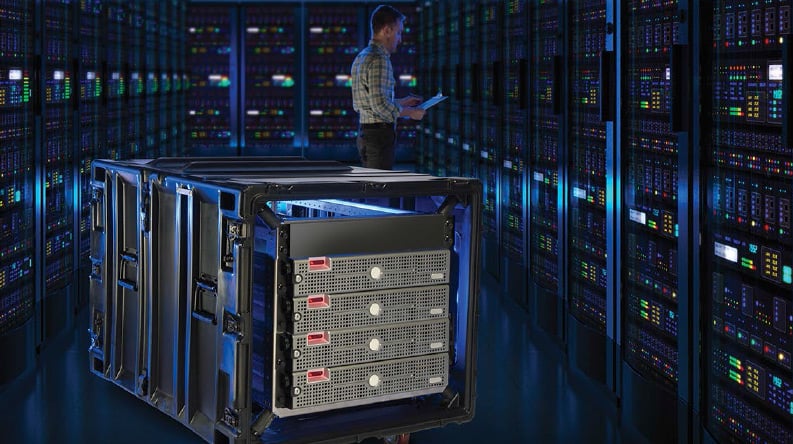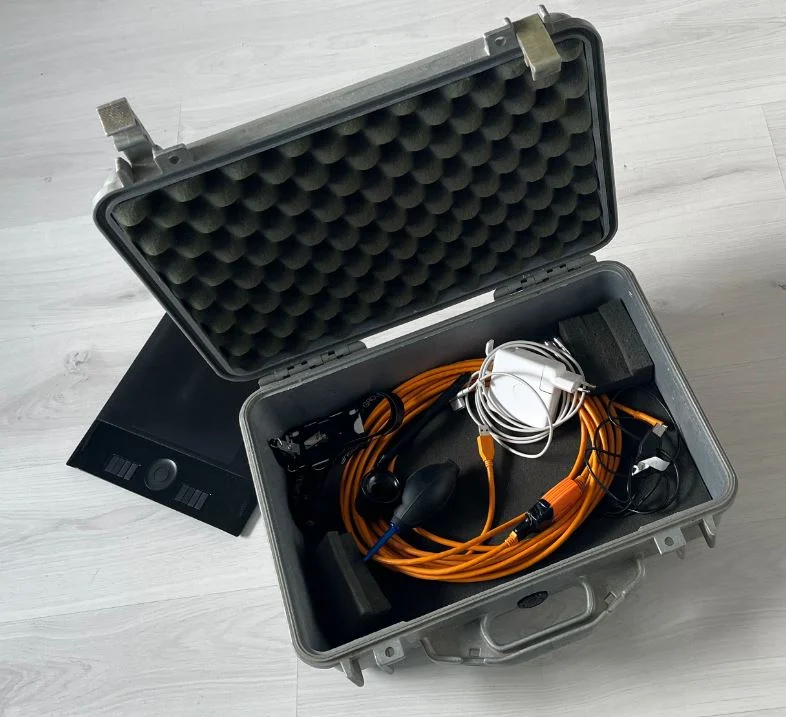Aerospace and aviation are two sectors that Peli knows very well. We’ve been supplying professionals within the industries for over 40 years. The two industries are after thought of as one and the same with many people using the terms interchangeably. Although there is some overlap, they are not exactly the same. They are indeed separate disciplines and sectors dealing with related activities, but not the same. Having said that, we thought it might be useful for our readers to clear up the confusion with a post on the difference between aerospace and aviation.
What is aerospace?
The word aerospace is essentially a combination of two words: aeronautics and spaceflight. Therefore, aerospace deals with the design, manufacturing, and maintenance of aircrafts or spacecrafts and can be thought of as the science of flight within Earth’s atmosphere as well as outside it.
What is aviation?
Aviation, on the other hand, has to do with mechanical flight and the aircraft industry. It is basically all things aeroplane-related within Earth’s atmosphere.
How do the aerospace and aviation industries differ?
Although we’ve already touched on the basic differences above, it might help to get a bit more detailed.
The aerospace industry is a high-tech sector that deals with the research, design, manufacture, and maintenance of both aircraft and also spacecraft. There are also a broad range of services that can be thought of as part of the aerospace industry, and those are aircraft maintenance, repair, and overhaul as well as satellite services within the space sector. As one of the global economy’s largest and most important industries, it is broken up into smaller sectors, which deal with military aircraft, commercial airliners, space, missiles, and aviation.
Aviation is also a very important industry to the global economy and, as we established above, generally deals with the design, manufacture, operation and repair of aircraft used to fly within Earth’s atmosphere. Aviation is divided into four smaller sectors, namely airports, airlines, the aircraft industry, and aviation institutions.
How do the aerospace and aviation disciplines differ?
Aviation is focused on aircraft operation and maintenance, the design of commercial or military aircraft and the management of air traffic. Distinct from aviation engineering, aerospace engineering is focused on a few key areas, the first being aerodynamics, which basically means how air flows over, past and around objects. Next is propulsion, which is the study of engines and fuels that are needed to push, or propel, air or spacecraft through the air. And lastly, the composition and design of the aircraft or spacecraft.
What do professionals in each industry do?
Aviation industry professionals encompass a broad range of roles, such as pilots, air traffic controllers, aviation safety inspectors, flight attendants, aircraft equipment mechanics and of course, aerospace engineers. Aerospace engineers largely deal with designing, testing and building aircraft, spacecraft and their components, as well as missiles, space stations and satellites. Aerospace engineers are also involved in the research and development of design specifications, investigate accidents involving aircraft, participate in flight-test programmes, as well as repair and maintain aircraft and spacecraft.
How can Peli help aerospace and aviation professionals?
As we’ve already established, aviation and aerospace are industries that produce high-tech products that necessitate protection of the highest degree, especially during transportation. Their highly specialised nature also necessitates a high degree of customisation for said protection. Luckily, Peli Products produces a wide range of watertight, airtight, dustproof, and chemical resistance cases that are ideal for the protection of aircraft components and aerospace engineering tools. They are available in unlimited bespoke case solutions and configurations.
With experienced design engineers, testing labs, and a team of dedicated experts, highly technical, fragile equipment will be protected with a Peli Custom Case Solution. Peli engineers determine the most effective design and the best combination of materials for said equipment.
With all of that said, Peli is dedicated to helping the aviation and aerospace industries with superior protection for the industry’s many technological innovations. Find out more on Peli’s engineered cases as well as how Peli helps the Aviation and Aerospace industries here.
Download a free guide to Peli’s advanced case solutions for aerospace and aviation professionals below:






